What caused this
Below is a simple explanation.
transform.position is Vector3.
Vector3 is a struct.
Struct is a value type.
It's always good look in the Unity's Documentation to see which type Unity API is. This really matter when working in Unity.

When you do:
vector3 playerPos = transform.position;
New struct is created and values from transform.position; is copied to playerPos variable. Since the variable is value type and copied, performing System.Object.ReferenceEquals on it should return false.
I want to create a vector3-type object referring to my player's
position so that I can use a shorter
In this case, you have to change the Vector3 to Transform.
Transform myPos = null;
void Start()
{
myPos = transform;
}
then you can do:
myPos.position = newPos;
The reason you have to declare the position as Transform instead of Vector3 is because Transform is a class and a class stores the reference of the object.
class is a reference type.

Debug.Log(System.Object.ReferenceEquals(myPos, transform)); should return true because myPos and transform are both classes and the myPos variable is referencing the transform variable.
So, whenever you access your position with myPos.position;, it will give you the newest position of your GameObject which is also (transform.position) since the myPos variable is a class that has a reference of transform which is also a class.
Assuming that myPos is struct or declared as vector3 myPos instead of Transform myPos, then the myPos variable would hold the copy value of transform.position when it was assigned and will never return the latest position of your GameObject since it is a copy.
You can learn more about class vs struct here.
Finally System.Object.ReferenceEquals says "ReferenceEquals" not "ValueEquals" so this is even self-explanatory. You use it on a class/referece types not on structs or value types.

